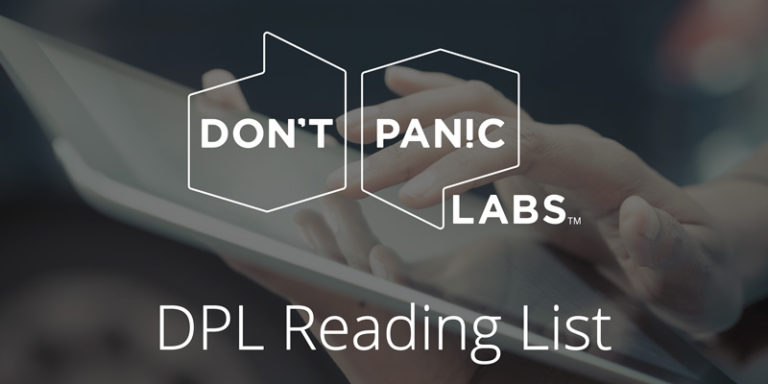
DPL Reading List – April 29, 2016
Here are some of the articles we’ve been reading around this office this week.
How Changing WebFonts Made Rubygems.org 10x Faster (Thanks to Jarrod Wubbels for recommending this article) – “WebFonts are awesome and here to stay. However, if used improperly, they can also impose a huge performance penalty. In this post, I explain how Rubygems.org painted 10x faster just by making a few changes to its WebFonts.”
Hyping Vulnerabilities Is No Longer Helping Application Security Awareness (Thanks to Matt Babcock for recommending this article) – “I fear that overhyping minor vulnerabilities by branding them, pushing the topic with the media and yes, pre-announcing them will cause people to go numb to these announcements. After all, any journalist will tell you, when something happens too often it ceases to be news.”
Failing Slow: Why One Founder Regretted Keeping His Startup Alive (Thanks to Brian Zimmer for recommending this article) – “I believe if we would have let our business model fail faster we would have had enough capital to reload and take another shot. We had a fundamental issue with our startup that we didn’t discover until it was too late to course correct. I’d like to think if we moved on a few months earlier we’d be profitable and thriving.”
Compassionate UX (Thanks to Jarrod Wubbels for recommending this article) – “When we get laser-focused on positive outcomes, we often fail to notice how things might go terribly wrong. But whether you’re working on something as complex as artificial intelligence or as simple as a line of microcopy, you’ll create the best products when you intentionally set aside your goals of “delight” or “engagement,” and make time to think critically about where your product might break.”
Give Yourself Permission To Have Work-Life Balance (Thanks to Matt Babcock for recommending this article) – “Saying no is so powerful and it isn’t something you can easily learn and just stick with – you have to remind yourself it’s OK to to say no every day. I know what MY goals are and why I’m in this industry. I have the conscious ability to prioritize and allocate my time. I start every week thinking about priorities, and I look back on my week and ask myself “how did that go?” Then I optimized for the next week and try again.”
The First Rule Of Pricing Is: You Do Not Talk About Pricing (Thanks to Jarrod Wubbels for recommending this article) – “People can’t tell you what they think about pricing, because they don’t think about pricing. They feel it.”
Google.org’s Giving $20 Million To Engineer A Better World For The Disabled (Thanks to Matt Babcock for recommending this article) – “There’s no way to know now whether all of Google.org’s bets will succeed. More likely than not, these nonprofits won’t hit every single one of their targets. But risk is inherent to philanthropy, as Google knows—and that’s to say nothing of the increased public scrutiny on such a high-profile institutional organization. Whether its investments succeed or fail, Dot-org—and its beneficiaries—are revealing a unique way to do tech philanthropy.”



